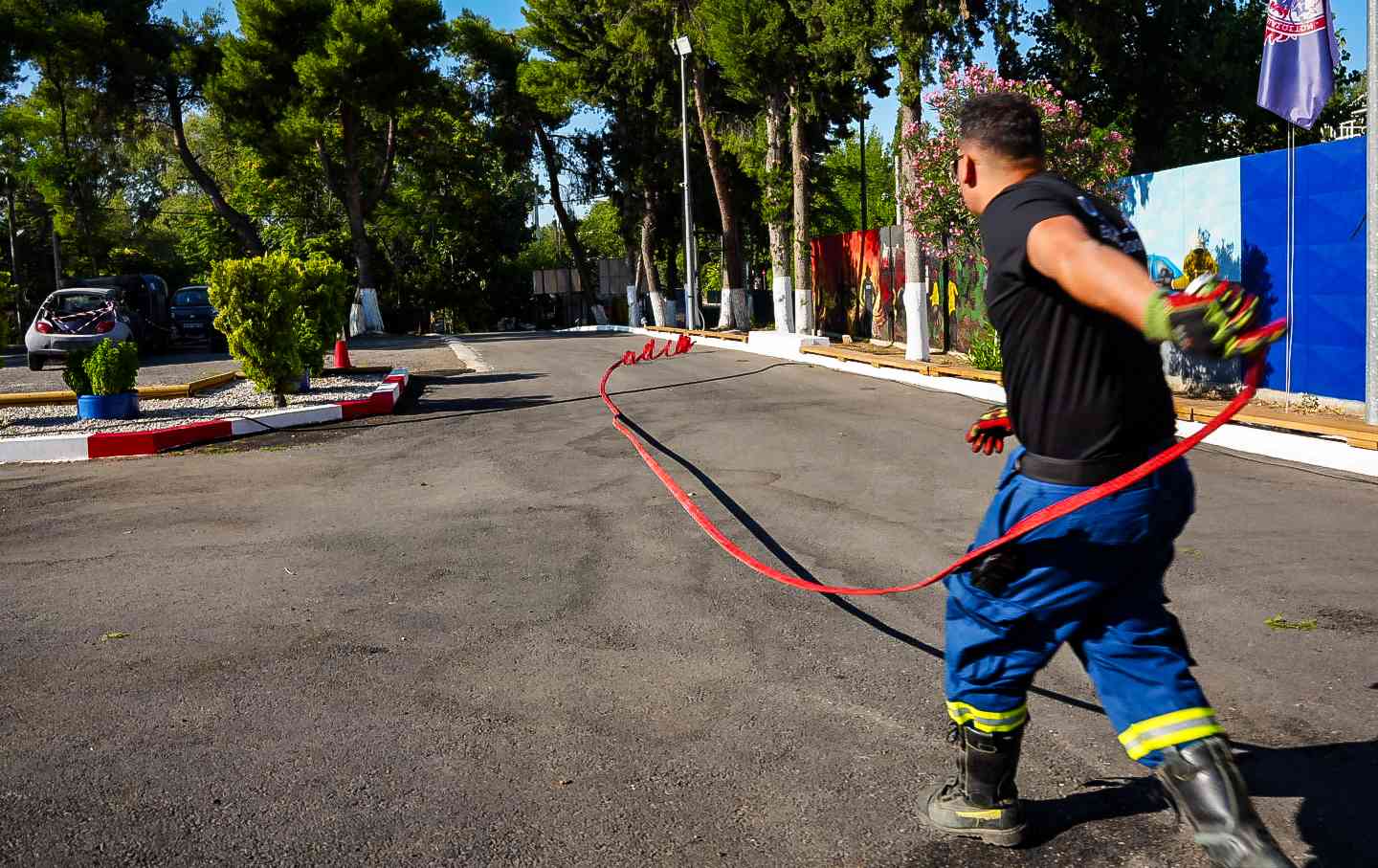
"Papadakis recalls watching plumes of smoke fill the sky, resembling a nuclear explosion. The blaze would ultimately kill 104 people, making it the deadliest wildfire in Greece's history."
"The summer of 2024 was Greece's hottest on record, and this year, temperatures are again expected to be higher than normal. As climate change brings unprecedented levels of heat and drought, Greece remains on the front lines of increasingly intense wildfires."
"Fire seasons are longer, and the fires are harder to extinguish. In 2023, Greece experienced the largest single wildfire to scorch Europe since 1980."
"Funding constraints that began with Greece's economic crisis more than a decade ago have left the country reliant on the services of roughly 5,000 volunteer firefighters like those at OEDD to help tame these growing fires."
In July 2018, Manos Papadakis witnessed the devastating Mati wildfire while traveling to Kos, resulting in 104 fatalities. Since then, Greece has faced worsening wildfires, especially during the record-breaking heat of summer 2024. The impact of climate change has lengthened fire seasons and increased fire intensity, marking 2023 as the year of Europe's largest single wildfire since 1980. Reliance on approximately 5,000 volunteer firefighters has intensified due to years of funding shortfalls, though they lack sufficient resources to combat the growing threats effectively.
Read at The Nation
Unable to calculate read time
Collection
[
|
...
]